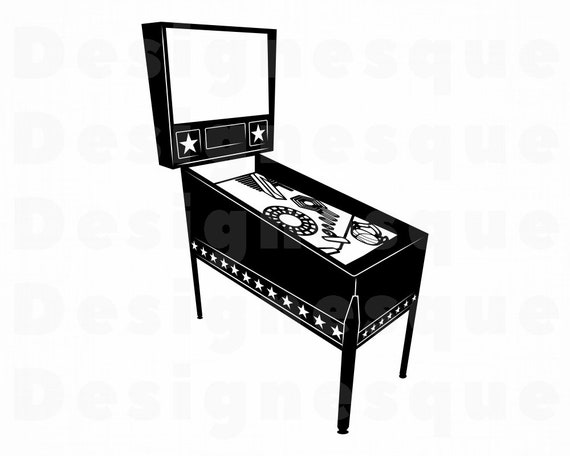
“Being Irish, he had an abiding sense of tragedy, which
sustained him through periodic bouts of joy.” WB Yeats
I read through one of my usual blogs today (hard at work
obviously) and that quote popped up. The funny lines always conceal a dark
truth. Forget the Irish part of it, some of us wear sadness like a raincoat.
But not just sadness, more that life is out to screw us; an impending sense
that trouble is just around the corner.
Tragedy can play out in compulsive grumbling, but mostly it’s
a personal view of life where the arc of the future is forever descending. The
Yeats quote sums it up perfectly. We all experience joy on occasion, but for the
tragic person it’s like an intermission to an exhausting opera.
A tragic person sees life like a pinball game. Everyone
doing what they can to keep the ball
banging around and slamming into bumpers that light up and slides that move it
quickly through a maze of buzzers and sounds. Others are just better at
punching the flippers and keeping the game going, they can go long stretches on
one ball. Some of us never quite figured out the timing of the flippers or just
figured we weren’t lucky. The ball rolls through the middle slot every few
seconds, as we angrily jam another couple of tokens in the slot. For some it’s win big and score high. For
tragic people it’s lose and score low.
Why do some do so well while others suffer to just keep the
ball going? Pinball is a game, a contest designed to separate winners and
losers. Life doesn’t work this way despite our penchant for comparison. We don’t
all play the same game.
At some point the persistent feeling of coming up short
feeds an already low self-esteem a steady diet of negativity. The sense of loss
permeates everything from sports to finances. When the Bears miss the
playoffs it’s because “We can’t pick any good players” or “We always fall apart
in tough spots!” The fortunes of our teams run parallel to our own. The weather
is cloudy and cold on our day off, you’ll probably get sick too because of your
allergies. You didn’t have the grades for a 4 year University and had to settle
for a junior college. The car you bought cost more in repairs than the sticker
price, now you’re upside down. You didn’t have insurance either when you hit
the curb and smashed into neighbors’ mailbox. Then you failed a sobriety test after the accident.
“Hey, You’d drink too
if your team lost, and your college rejected you, and you were always sick!”
Blaming people and events and upbringing creates a barrier,
nothing positive gets through. But small victories build gratitude. When
gratitude picks up steam it builds even more gratitude. Suddenly loses aren’t
quite as grim. They don’t carry such ‘eternal’ weight. They don’t determine our
worth as individuals.
A teacher once showed
me how to study for test. She said condense the material into chunks and
celebrate after I’d memorized a chunk. Celebrate could mean getting a snack or
taking a break. I thought it was silly but I did it. Breaking up large amounts
of information into manageable study units worked great. I didn’t celebrate, seemed
a little like getting a trophy for showing up, but I did acquire a better way
to learn. It’s a great way to approach life too. An appreciation for victories
no matter how small replaces that negative feedback loop of failure, with one
of success.
That’s the practical part, the listing of things so you
check them off part. You need to change your mindset as well, which is much
tougher. It’s never finished either. Renewing your mind is a lifelong journey
that begins at the cross. You need to understand how God sees you and let His truth
transform the image of yourself, rooted in failure and tragedy.
Open the Bible and read a chapter or two. If that’s too big
of a chunk then study one verse. Here is a good one “For I know the plans I
have for you” says the Lord, They are plans for good and not for disaster, to
give you a future and a hope.” (Jerimiah 29:11 NLT).
The point of all of it really is that life falls into place
in the order that it should. Important things like family relationships and
spiritual growth become central. Most important, you’ll understand that sense
of foreboding for what it is, lies (malarkey?). You won’t see life as a pinball
game anymore with some just better equipped to play. It won’t be a contest you’re
destined to lose. Hope replaces tragedy when you put in the work and focus on
renewing the mind.
